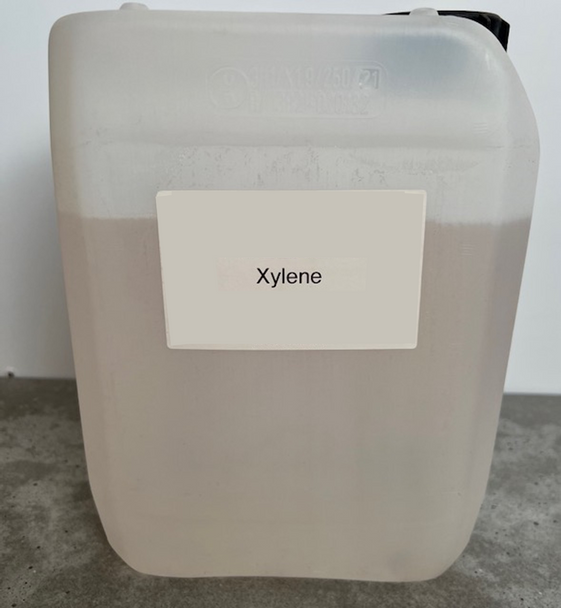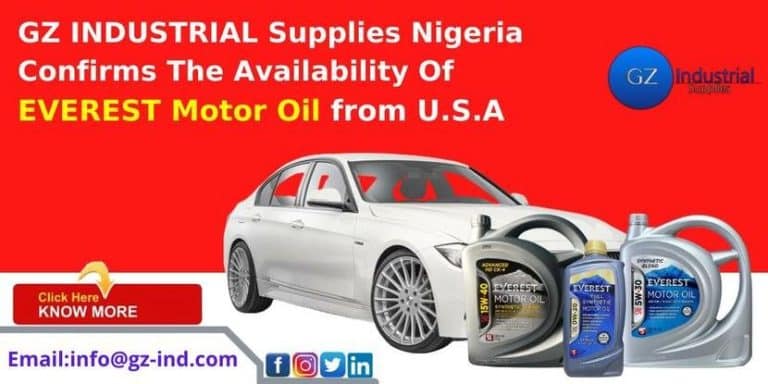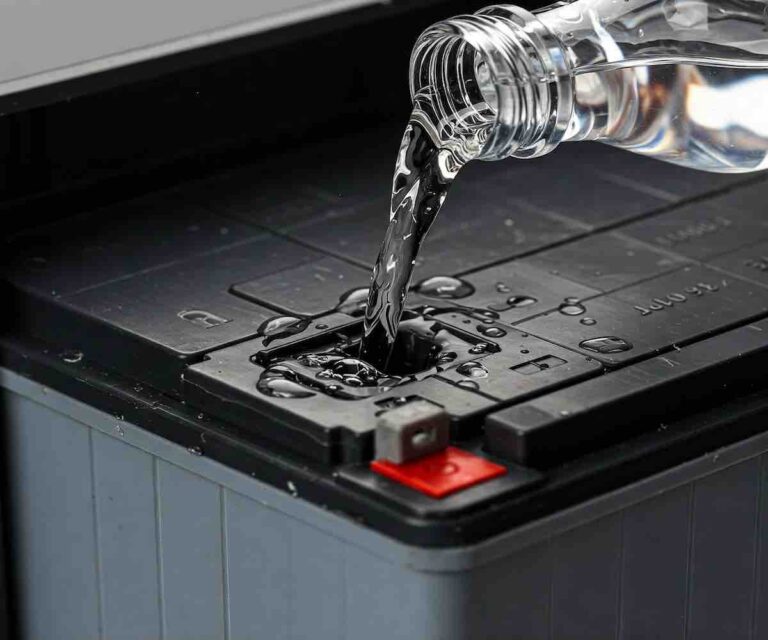Solvents in Industrial Cleaning: What Works and Why
Introduction
In industries where equipment runs hot, fast, and often dirty, cleanliness isn’t cosmetic, it’s critical. From maintaining heat exchangers and engines to preparing surfaces for painting or analysis, industrial cleaning ensures that systems run efficiently, safely, and within regulatory standards.
Among the most powerful tools in the maintenance toolkit are solvent-based cleaners. Unlike water-based degreasers, solvents can dissolve grease, oils, resins, and carbon deposits on contact, making them indispensable across sectors like oil & gas, automotive, power generation, and marine maintenance.
But not all solvents are created equal. In this guide, we explore:
- The different types of solvents used in industrial cleaning
- How they work
- Their safety profiles
- And how to choose the best one for your application

What Are Cleaning Solvents?
A cleaning solvent is a liquid substance typically organic that dissolves or suspends unwanted material from a surface without chemically altering the surface itself.
In industrial settings, solvents are used to:
- Remove grease, oils, sludge, carbon, tar, wax, ink, and adhesives
- Prepare surfaces for painting, coating, welding, or inspection
- Restore operational performance to engines, bearings, electrical contacts, and valves
Solvents are especially effective in cleaning tasks where mechanical scrubbing or rinsing alone won’t work—for example, in tight crevices, behind panels, or on temperature-sensitive materials.
Types of Industrial Cleaning Solvents
1. Petroleum-Based Solvents
These include products like mineral spirits, kerosene, and naphtha, which are commonly used for degreasing mechanical parts, engines, and pipelines.
- Best For: Heavy oils, sludge, greasy machinery
- Advantages: Penetrates thick grease and grime, widely available
- Disadvantages: Flammable, may leave oily residue, requires proper ventilation
2. Chlorinated Solvents
These are synthetic solvents like trichloroethylene or perchloroethylene, often used in dry cleaning and metal degreasing.
- Best For: Metal surfaces, heat exchangers, aerospace and electrical parts
- Advantages: Non-flammable, excellent for vapor degreasing
- Disadvantages: Toxic, regulated due to environmental concerns
3. Oxygenated Solvents
Examples include isopropyl alcohol (IPA), acetone, and ethyl acetate—often used in electronics, pharmaceuticals, and laboratories.
- Best For: Electronics, cleanrooms, lab glassware, light oils
- Advantages: Fast evaporating, leaves no residue
- Disadvantages: Flammable, may attack plastics or sensitive coatings
4. Bio-Based / Citrus-Based Solvents
Eco-conscious industries are turning to plant-derived solvents such as d-limonene (from citrus peels), soy methyl esters, and other biodegradable options.
- Best For: Food-grade equipment, environmentally regulated industries, medium-duty degreasing
- Advantages: Low toxicity, pleasant scent, safer to handle
- Disadvantages: Slower cleaning action, higher cost, not ideal for heavy industrial grease
Use Case Example: Citrus-based cleaners are ideal for facilities with strict environmental policies—such as food processing plants or pharmaceutical manufacturing.
Use Cases by Industry
Choosing the right solvent depends heavily on your industry and contaminant type. Below is a quick reference guide:
| Industry | Typical Contaminants | Recommended Solvent Type |
| Oil & Gas | Crude oil, drilling mud | Petroleum-based, chlorinated |
| Automotive & Transport | Grease, carbon, adhesives | Oxygenated (IPA, acetone), petroleum |
| Marine | Sludge, bilge residue | Chlorinated, petroleum-based |
| Manufacturing Plants | Inks, lubricants, resin | Oxygenated or petroleum-based |
| Food & Beverage | Organic matter, oil residue | Bio-based, non-toxic |
| Electronics | Flux, dust, finger oils | IPA, acetone |
| Power Generation | Carbon buildup, turbine oils | Chlorinated, petroleum solvents |
Popular Solvent-Based Cleaning Products on Tikweld.com
At Tikweld, we stock a variety of Epochem and lab-grade solvents trusted by industries across Nigeria:
Epochem 120 Acid Cleaner
- Use: Scale and rust removal from metal surfaces
- Best For: Boilers, heat exchangers, cooling systems
- Active Base: Inorganic acid + surfactants
Epochem 130 Alkaline Cleaner
- Use: Heavy-duty degreasing of mechanical parts
- Best For: Workshops, food plants, construction tools
- Active Base: Alkaline salts + chelating agents
Epochem 140 Carbon Remover
- Use: Cleaning carbon deposits from engine parts
- Best For: Engine overhauls, refineries, oil rigs
- Properties: Non-corrosive, biodegradable
Epochem 501 Antirust Degreaser
- Use: Dual-action cleaner and rust preventer
- Best For: Metal fabrication, marine, and offshore operations
Xylenes, Analar Grade (2.5L)
- Use: Precision cleaning in labs and diagnostics
- Best For: Histopathology, slide preparation, solvent extraction
- Properties: High purity, flammable, sweet aromatic odor
What Makes a Solvent Effective?
Choosing the right solvent isn’t just about removing dirt—it’s about matching the solvent’s chemical properties to the task at hand. Here are key performance factors to consider:
Key Effectiveness Criteria:
- Solvency power – Ability to dissolve targeted contaminants (measured by Kb value)
- Evaporation rate – Impacts drying time and exposure safety
- Material compatibility – Must not degrade plastics, coatings, or sensitive metals
- Flash point – Affects flammability and storage classification
- Toxicity – Safer solvents protect workers and comply with HSE rules
- Environmental impact – Consider VOC levels and biodegradability
Pro tip: Always refer to the Safety Data Sheet (SDS) to evaluate performance, hazards, and regulatory guidelines before use.
Solvent Safety & Handling Guidelines
Solvents are powerful but require responsible use to ensure worker and facility safety.
Handling Tips:
- Use in well-ventilated areas or under fume extraction systems
- Wear gloves, goggles, and protective clothing
- Never mix solvents unless specified safe by manufacturer
- Keep away from open flames or electrical sparks
- Store in clearly labeled, approved containers
Disposal:
- Do not dispose in drains or soil
- Collect solvent waste in labelled containers
- Dispose through licensed hazardous waste contractors
- Follow NAFDAC, NESREA, and international environmental compliance guidelines
Choosing the Right Solvent for Your Application
Before purchasing or applying a solvent, ask the following:
- What type of contaminant are you removing?
(Grease, oil, paint, resin, carbon, scale, etc.) - What is the surface material?
(Metal, plastic, electronics, food-grade steel) - What are the exposure risks?
(Operator safety, fire hazards, ventilation availability) - What performance is required?
(Fast-acting, residue-free, rust prevention, etc.) - Are there local/environmental regulations to meet?
Frequently Asked Questions (FAQs)
Are solvent cleaners better than water-based ones?
For grease, oil, resin, and carbon yes. Solvents are more effective and faster acting.
Can solvents damage equipment surfaces?
Some can if not compatible. Always check the SDS or test on a small area first.
What is the safest solvent for electronics?
Isopropyl Alcohol (IPA) is widely used for electronics due to low toxicity and residue-free evaporation.
Are Epochem solvents safe for food processing areas?
Only bio-based, non-toxic Epochem options should be used in food environments.
What’s the best degreaser for engine parts?
Epochem 130 Alkaline Cleaner and Epochem 140 Carbon Remover are both ideal.
Conclusion
In industrial environments, cleaning isn’t a side task, it’s a safeguard. Solvents offer great help for removing stubborn dirt, grease, rust, and carbon buildup. But their effectiveness depends on knowing what works and why and choosing a product that aligns with your application and safety standards.
At Epoxy.com, we supply a wide range of trusted, industry-grade solvents from Epochem, designed for Nigeria’s toughest industrial jobs.


